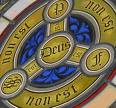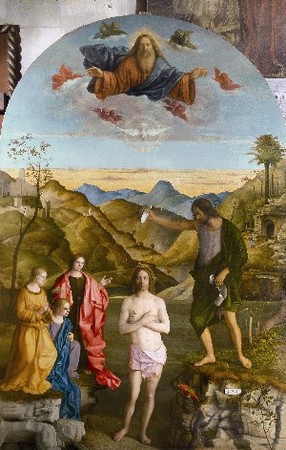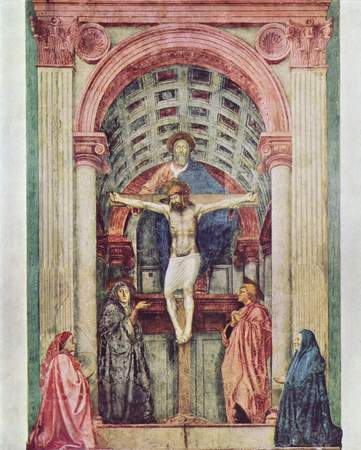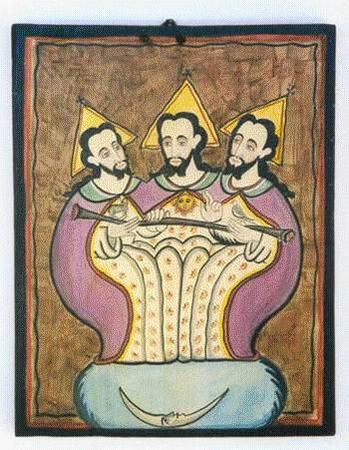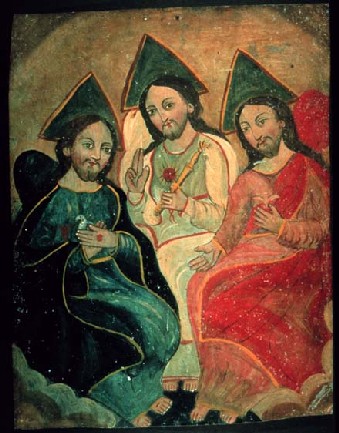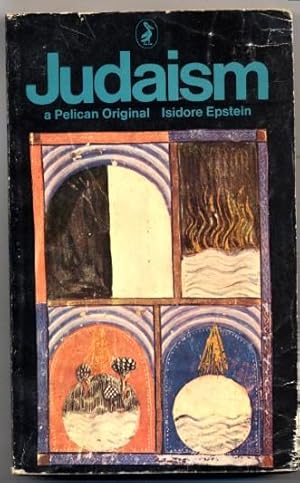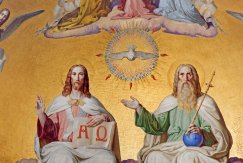This is an old, nay ancient question, but I believe that it is worth taking up again.
I think the situation is perfectly expressed in this Letter by the Congregation for the Doctrine of the Faith of 1979.
Some passages, in particular, reveal the purely instrumental nature of the affirmation of the "soul", compared to the faith in the resurrection, which is the only genuinely scriptural belief.
N.B. I have interspersed the text of the letter with [my comments].
Letter on certain questions regarding Eschatology
(by the Congregation for the Doctrine of the Faith @ vatican.va - you can read the letter in its entirety clicking on the title above)
(...) The element in question is the article of the Creed concerning life everlasting and so everything in general after death. When setting forth this teaching, it is not permissible to remove any point, nor can a defective or uncertain outlook be adopted without endangering the faith and salvation of Christians. (...)
The importance of this final article of the baptismal Creed is obvious: it expresses the goal and purpose of God's plan, the unfolding of which is described in the Creed. If there is no resurrection, the whole structure of faith collapses, as St. Paul states so forcefully (cf. 1 Cor. 15). If the content of the words "life everlasting" is uncertain for Christians, the promises contained in the Gospel and the meaning of creation and Redemption disappear, and even earthly life itself must be said to be deprived of all hope (cf. Heb. 11:1).
(...) One encounters discussions about the existence of the soul and the meaning of life after death, and the question is put of what happens between the death of the Christian and the general resurrection. All this disturbs the faithful, since they no longer find the vocabulary they are used to and their familiar ideas. (...)
The Sacred Congregation, whose task it is to advance and protect the doctrine of the faith, here wishes to recall what the Church teaches in the name of Christ, especially concerning what happens between the death of the Christian and the general resurrection.
1. The Church believes (cf. the Creed) in the resurrection of the dead.
2. The Church understands this resurrection as referring to the whole person; for the elect it is nothing other than the extension to human beings of the resurrection of Christ itself.
3. The Church affirms that a spiritual element survives and subsists after death, an element endowed with consciousness and will, so that the "human self" subsists. To designate this element, the Church uses the word "soul," the accepted term in the usage of Scripture and Tradition. Although not unaware that this term has various meanings in the Bible, the Church thinks that there is no valid reason for rejecting it; moreover, she considers that the use of some word as a vehicle is absolutely indispensable in order to support the faith of Christians. [which is an elegant way of saying that "soul", regardless of the reality of its "immortality after death" is a useful practical tool ...]
4. The Church excludes every way of thinking or speaking that would render meaningless or unintelligible her prayers, her funeral rites and the religious acts offered for the dead. [this is rather cynical: we need the "immortality after death" for pastoral and liturgical reasons, therefore we affirm it!] All these are, in their substance, loci theologici. [Loci theologici or loci communes, are the common topics of discussion in theology]
5. In accordance with the Scriptures, the Church looks for "the glorious manifestation of our Lord, Jesus Christ" (Dei verbum, 1,4), believing it to be distinct and deferred with respect to the situation of people immediately after death.
6. In teaching her doctrine about man's destiny after death, the Church excludes any explanation that would deprive the assumption of the Virgin Mary of its unique meaning, namely the fact that the bodily glorification of the Virgin is an anticipation of the glorification that is the destiny of all the other elect. [ehm ...]
7. In fidelity to the New Testament and Tradition, the Church believes in the happiness of the just who will one day be with Christ. [so, implicitly the CDF affirms that they are NOT with Christ immediately after death ...] She believes that there will be eternal punishment for the sinner, who will be deprived of the sight of God, and that this punishment will have a repercussion on the whole being of the sinner. She believes in the possibility of a purification for the elect before they see God, a purification altogether different from the punishment of the damned. This is what the Church means when speaking of Hell and Purgatory. [note how the "Purgatory" is no more a "place" or "state" for some "souls" after death, BUT a process of "purification for the elect "]
When dealing with man's situation after death, one must especially beware of arbitrary imaginative representations; excess of this kind is a major cause of the difficulties that Christian faith often encounters. Respect must, however, be given to the images employed in the Scriptures. Their profound meaning must be discerned, while avoiding the risk of over-attenuating them, since this often empties of substance the realities designated by the images.
Neither Scripture nor theology provides sufficient light for a proper picture of life after death. Christians must firmly hold the two following essential points: on the one hand they must believe in the fundamental continuity, thanks to the power of the Holy Spirit, between our present life in Christ and the future life (charity is the law of the kingdom of God and our charity on earth will be the measure of our sharing in God's glory in heaven); on the other hand, they must be clearly aware of the radical break between the present life and the future one, due to the fact that the economy of faith will be replaced by the economy of the fullness of life: we shall be with Christ and "we shall see God" (cf. 1 Jn. 3:2), and it is in these promises and marvellous mysteries that our hope essentially consists. Our imagination may be incapable of reaching these heights, but our heart does so instinctively and completely.
Having recalled these points of doctrine, we would now like to clarify the principal features of the pastoral responsibility to be exercised in the present circumstances in accordance with Christian prudence.
The difficulties connected with these questions impose serious obligations on theologians, whose function is indispensable. Accordingly they have every right to encouragement from us and to the margin of freedom lawfully demanded by their methodology. We must, however, unceasingly remind Christians of the Church's teaching, which is the basis both of Christian life and of scholarly research. Efforts must also be made to ensure that theologians share in our pastoral concern, so that their studies and research may not be thoughtlessly set before the faithful, who today more than ever are exposed to dangers to their faith.
The last Synod highlighted the attention given by the bishops to the essential points of catechesis with a view to the good of the faithful. All who are commissioned to transmit these points must have a clear view of them. We must therefore provide them with the means to be firm with regard to the essence of the doctrine and at the same time careful not to allow childish or arbitrary images to be considered truths of faith.
A Diocesan or National Doctrinal Commission should exercise constant and painstaking vigilance with regard to publications, not only to give timely warning to the faithful about writings that are unreliable in doctrine but also and especially to acquaint them with works that can nourish and support their faith. This is a difficult and important task, but it is made urgent both by the wide circulation of printed publications and by the decentralization of responsibilities demanded by circumstances and desired by the Ecumenical Council.
At an audience granted to the undersigned Cardinal Prefect, the Supreme Pontiff John Paul II approved the present Letter, decided upon at an Ordinary Meeting of this Sacred Congregation, and ordered its publication.
In Rome, at the Sacred Congregation for the Doctrine of the Faith, on May 17, 1979.
Franjo Cardinal Seper, Prefect
BTW, in the above document, the "score" is:
Resurrection: 6 - Soul: 2
BBTW the expression "immortality of the soul", or "immortal soul", is never used throughout the whole document ...




